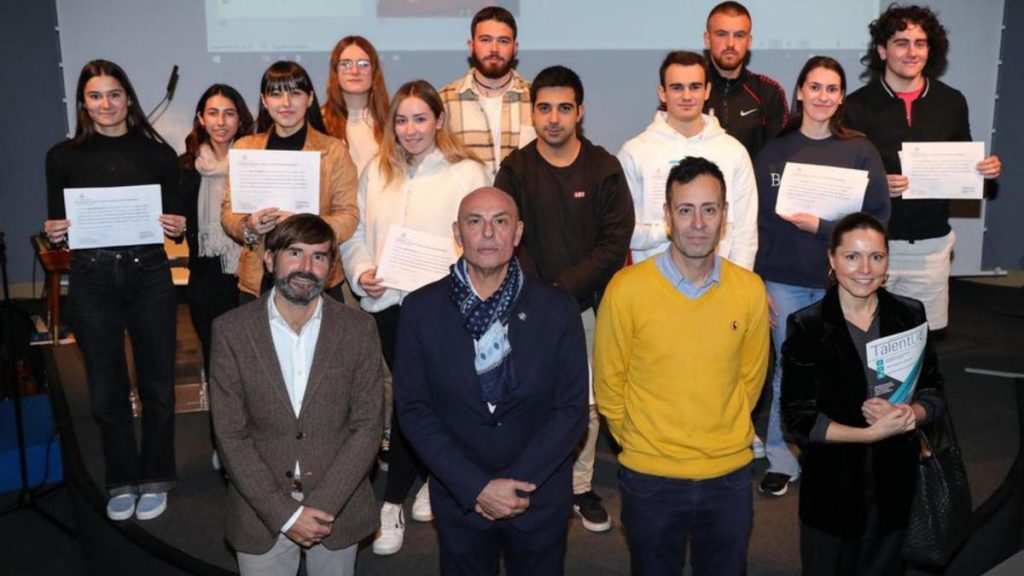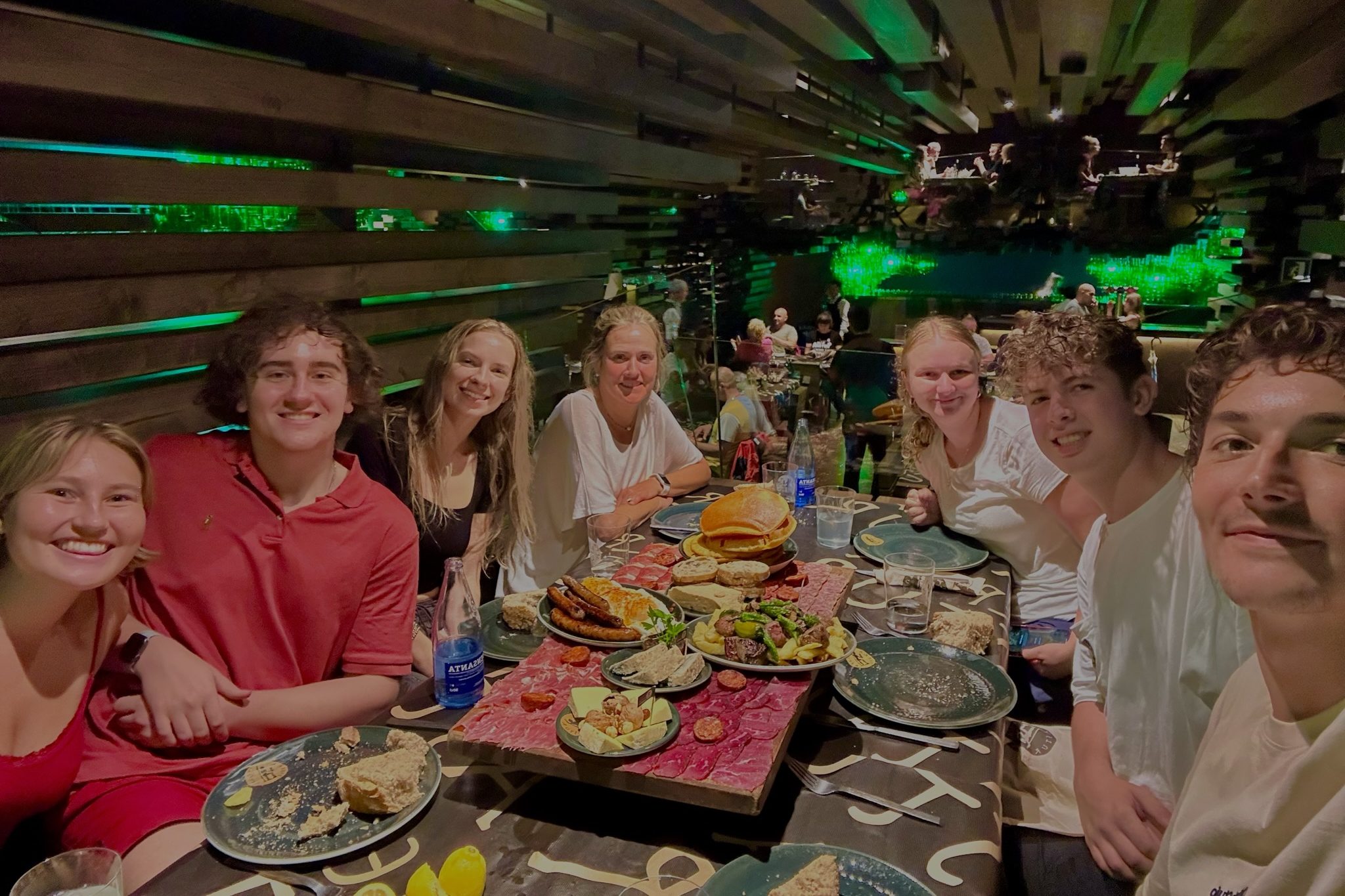
The journey I embarked on was transformative, immersing me in the daily life of Spain. My prior experience of independent living in a different state served as a baseline, but this journey added layers of complexity and richness by introducing the subtleties of a different country and its language. A substantial part of my daily routine involved a round trip bus commute exceeding two hours to the commerce university. Despite its length, this commute became an essential part of my routine, offering me a glimpse into the local lifestyle.
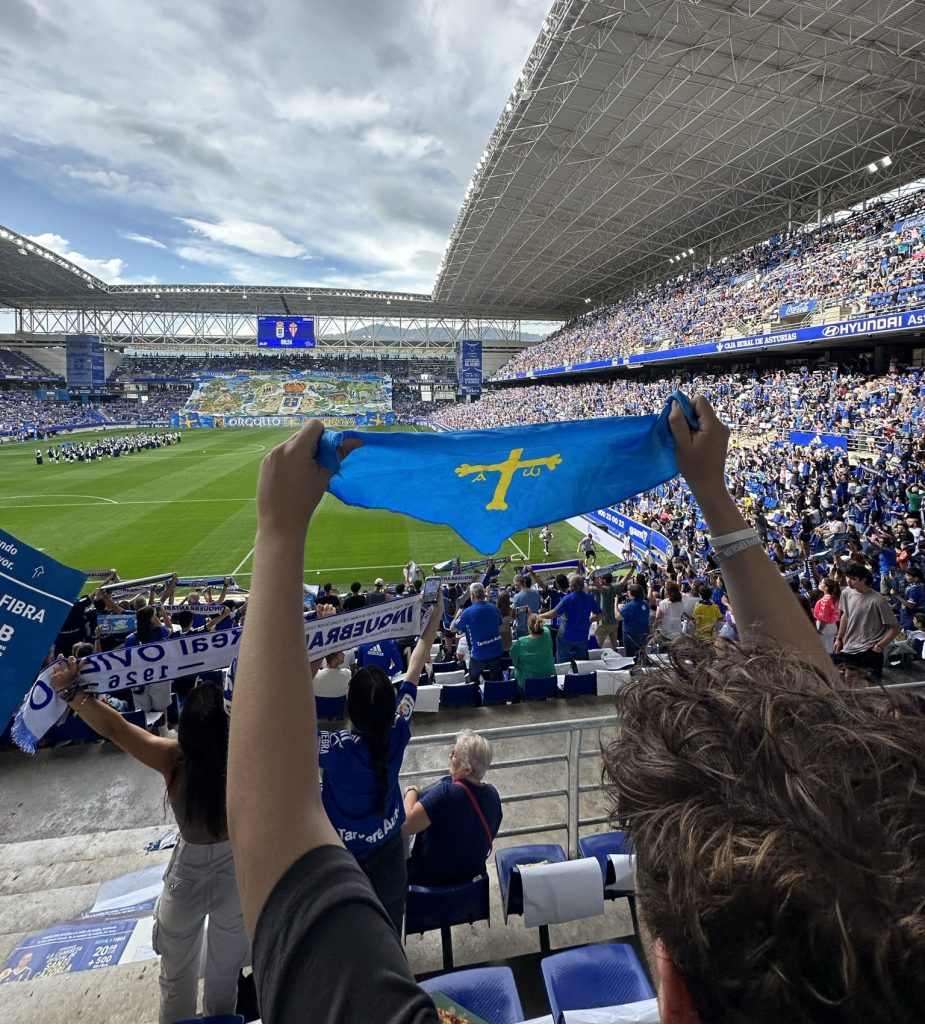
Beyond adapting to the academic environment, I consciously aimed to explore Asturias in its entirety. This exploration transcended geographical boundaries, delving into the cultural and social aspects of the region. The most rewarding part was the interaction and friendships I formed with many locals. These interpersonal connections offered unique insights into the local culture, customs, and lifestyle, adding a deeply personal touch to my overall experience.
However, the journey was not without its challenges. The relationship with my host family was unstable, leading to a constant undercurrent of tension and discomfort. This instability contrasted sharply with the comfort of my own home, making the adjustment process particularly challenging. I also encountered instances of close-mindedness within the region. These encounters were unsettling and served as a stark reminder of the cultural divides that can exist even in our interconnected world. It was a sobering realization that acceptance is not always a given when stepping into unfamiliar territory.
Adapting to sports training in a new country posed another significant challenge. The unfamiliar rules, different training methods, and the pressure of performing in a completely new environment made this a daunting task. It was a test of both my physical abilities and mental resilience. Furthermore, the language barrier proved to be a persistent obstacle. The negative reactions to my language mistakes were not just discouraging but also added to the feeling of being an outsider. These experiences made the process of language learning more stressful and challenging than I had anticipated.
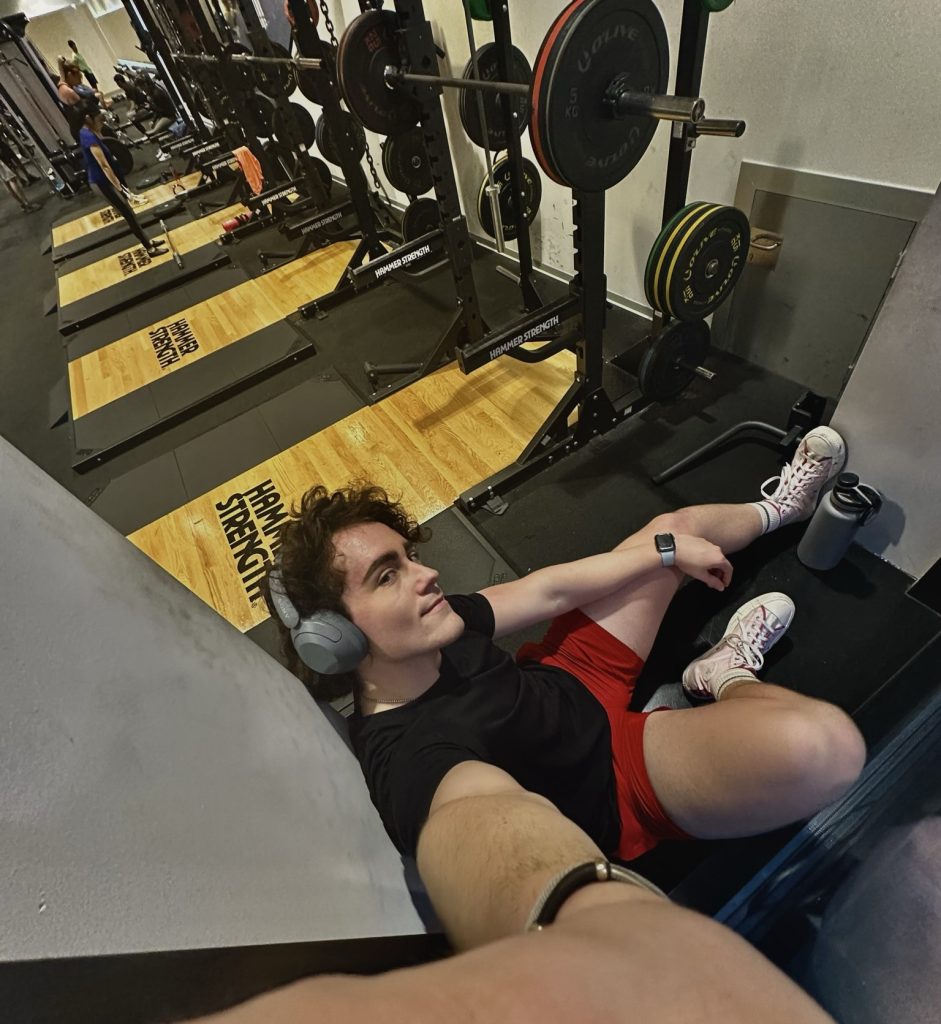
From the perspective of someone from the host culture, my presence might have been a source of unease. This could be attributed to the region’s cultural uniformity and the relative rarity of migration, which means that the locals are less exposed to the influences of globalization. Consequently, interactions with someone from a different cultural background might be outside their comfort zone.
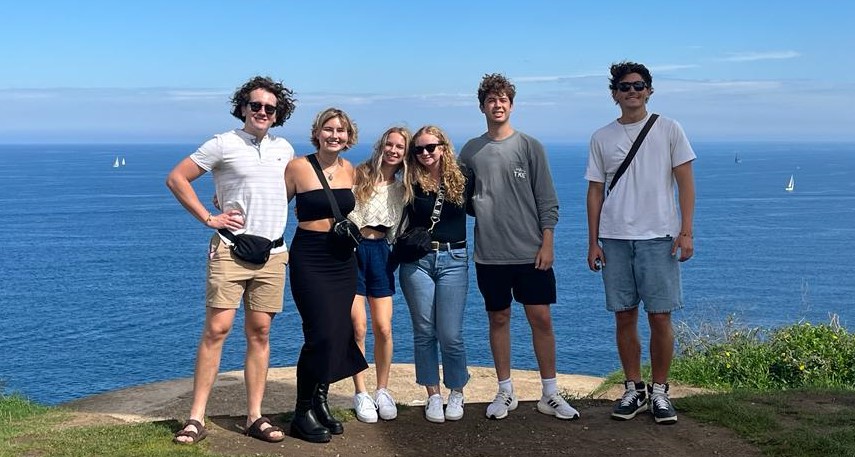
Many locals I interacted with expressed this sentiment. However, they also appreciated the opportunity to meet someone from the U.S. and gain firsthand insights into life there. This allowed them to broaden their understanding beyond the often narrow and stereotypical portrayals presented by the media and the internet.
This experience has profoundly enriched my understanding of culture by illuminating the shared aspects that exist between nations. It has emphasized that, despite our varied backgrounds and cultures, we have more commonalities than disparities. This insight has enabled me to confront and surmount limiting beliefs, preconceptions, and assumptions, a process that is reciprocal in nature.
Moreover, individuals with varying levels of English proficiency found our conversations beneficial. They were able to improve their English skills, while I had the chance to enhance my Spanish. They expressed that practicing English with a native speaker was more rewarding and effective. This is because it provided them with a more natural language environment and immediate feedback on their mistakes, which is not always possible when practicing with non-native speakers. This underscores the importance of cultural exchange in fostering empathy and broadening perspectives.
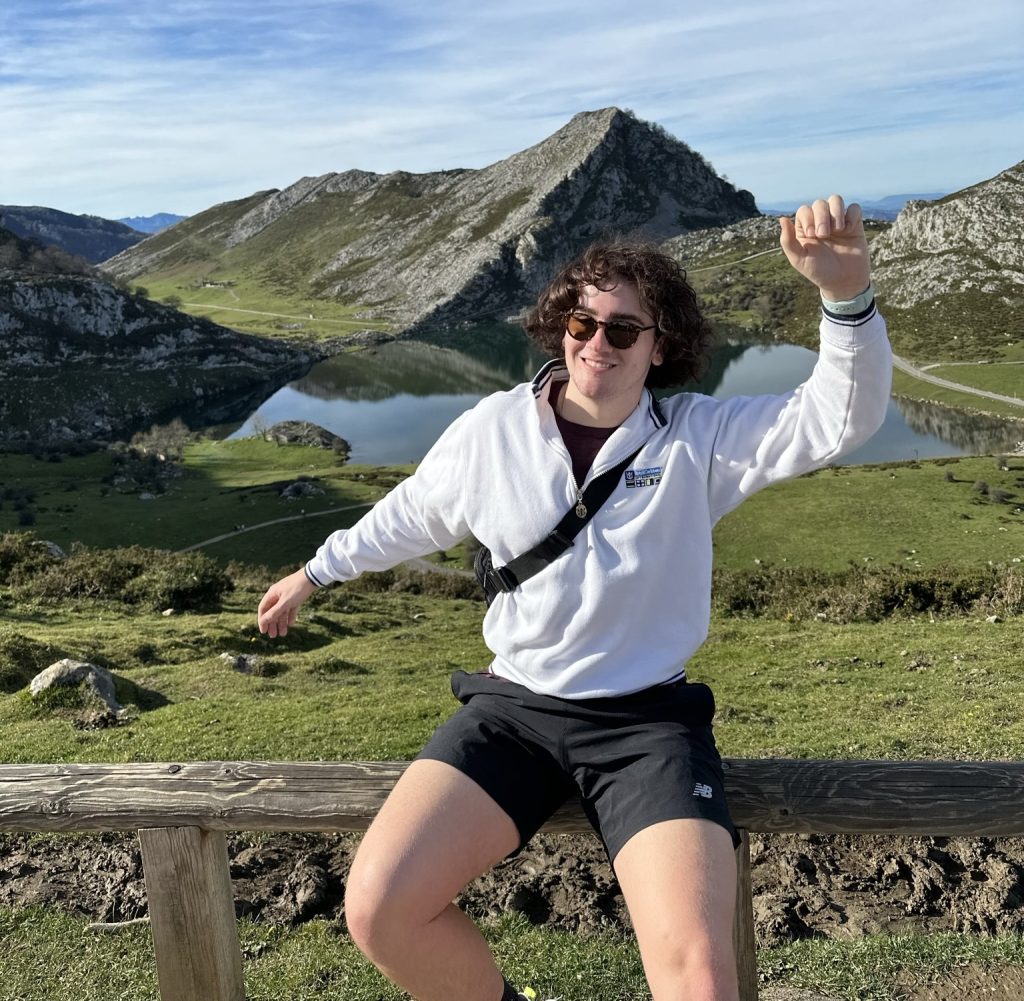
Furthermore, this experience has highlighted the critical role of adaptability. The ability to acclimate to new environments, cultures, and situations is an essential skill in navigating the diverse chapters of life. This is especially pertinent in our progressively globalized world, where professional and academic advancements frequently involve interactions with a variety of cultures and perspectives.
In essence, this experience has not only expanded my cultural comprehension but also equipped me with the necessary skills to successfully navigate in a multicultural and globalized world. It has prepared me to approach cultural differences with an open mind, to learn from these differences, and to utilize this knowledge to foster mutual understanding and respect. I believe this is the key to flourishing in our interconnected world. This experience has served as a reminder that empathy and understanding are crucial in our increasingly diverse and globalized world.
